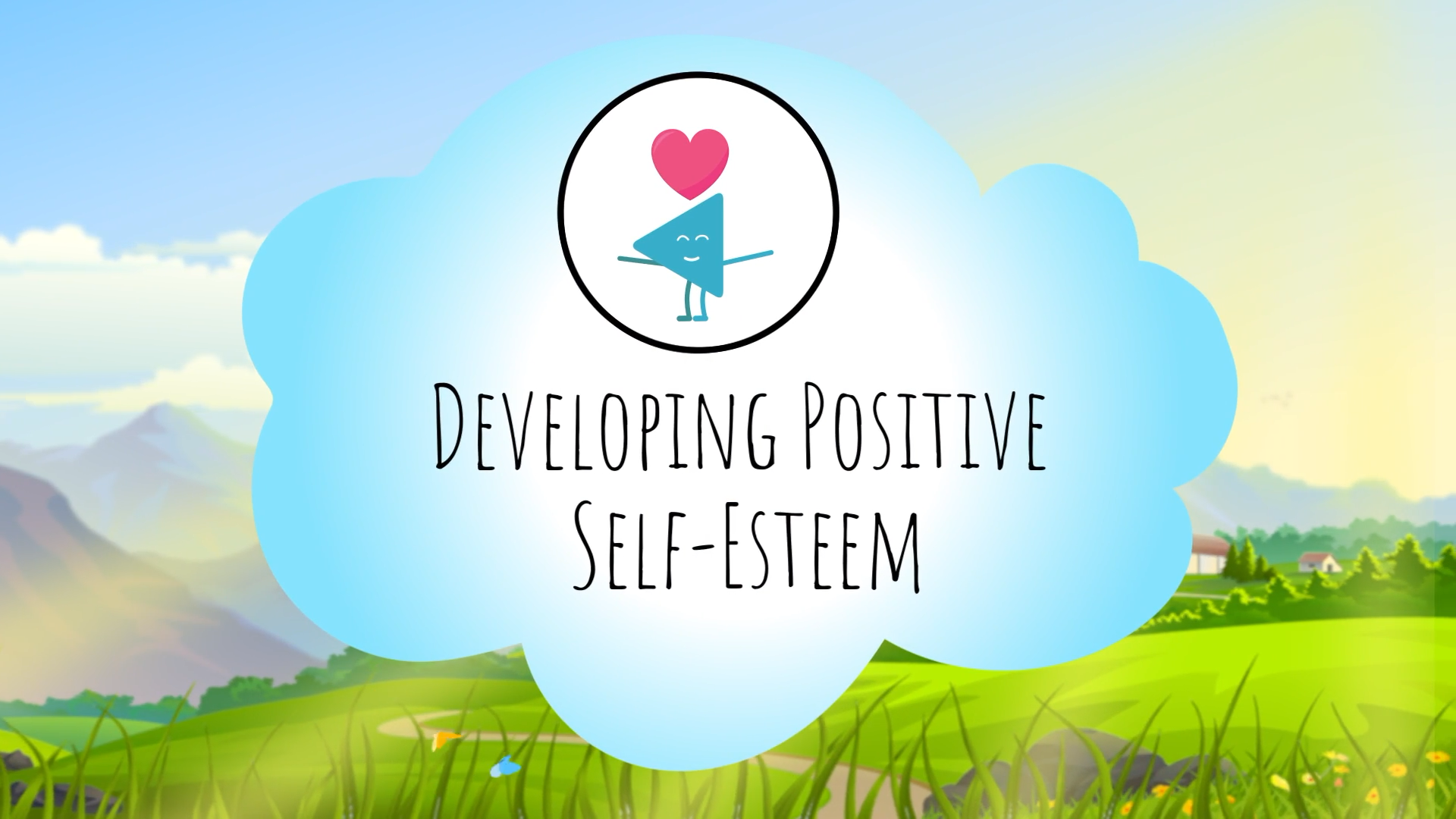
Introduction
Self-esteem is the belief in one’s own importance, love, and talents. It’s a crucial aspect of social-emotional learning that gives students the courage to try new things and make good choices. In this blog post, we will be focusing on how educators can help their special education students develop self-esteem through various activities and strategies. The goal is to empower students to recognize their talents, practice self-reliance, engage in self-talk, and be helpful and friendly to others.
No-Prep Activity
This activity is designed to help students identify and celebrate their talents, which in turn can boost their self-esteem. It requires no preparation or materials from the educator. Follow these steps:
- Have students sit in a circle, facing each other.
- Ask each student to think about one of their talents. This could be anything they are good at or enjoy doing, such as drawing, dancing, or problem-solving.
- Going around the circle, have each student share their talent with the group. Encourage them to explain why they enjoy this talent and how it makes them feel.
- After everyone has shared, ask the students to think about a new talent they would like to learn or improve upon.
- Have each student share their new goal and discuss how they plan to achieve it.
This activity encourages students to recognize their strengths and set goals for personal growth, both of which can contribute to a positive self-esteem.
Discussion Questions
- Why is it important to have a healthy self-esteem?
- How can having a positive self-esteem affect our relationships with others?
- What are some challenges you might face when trying to build self-esteem, and how can you overcome them?
- How can we support our classmates in building their self-esteem?
- What is the connection between self-esteem and resilience in the face of difficulties?
Related Skills
Building self-esteem is closely connected to other social-emotional learning skills. Some of these related skills include:
- Self-awareness: Understanding one’s own emotions, strengths, and weaknesses is key to developing self-esteem.
- Goal-setting: Setting realistic and achievable goals can help students feel a sense of accomplishment and boost their self-esteem.
- Communication: Being able to express one’s thoughts and feelings effectively can enhance self-esteem and improve relationships with others.
- Empathy: Understanding and sharing the feelings of others can lead to positive social interactions and increased self-esteem.
Next Steps
Now that you have learned about the importance of self-esteem and how to foster it in your special education students, we encourage you to explore more resources and activities. Sign up for free samples of various social-emotional learning skills and discover new ways to support your students’ growth and development.

